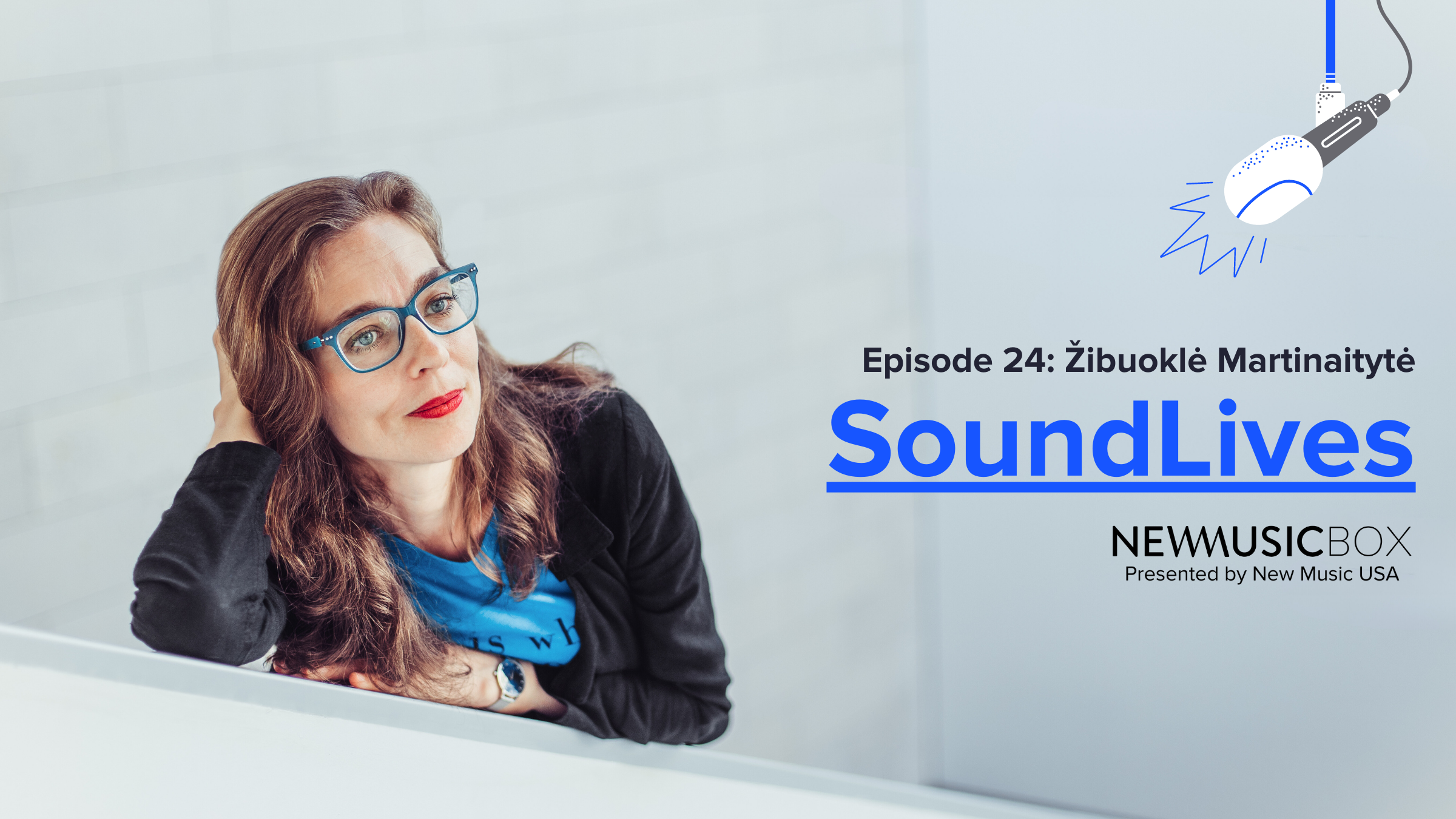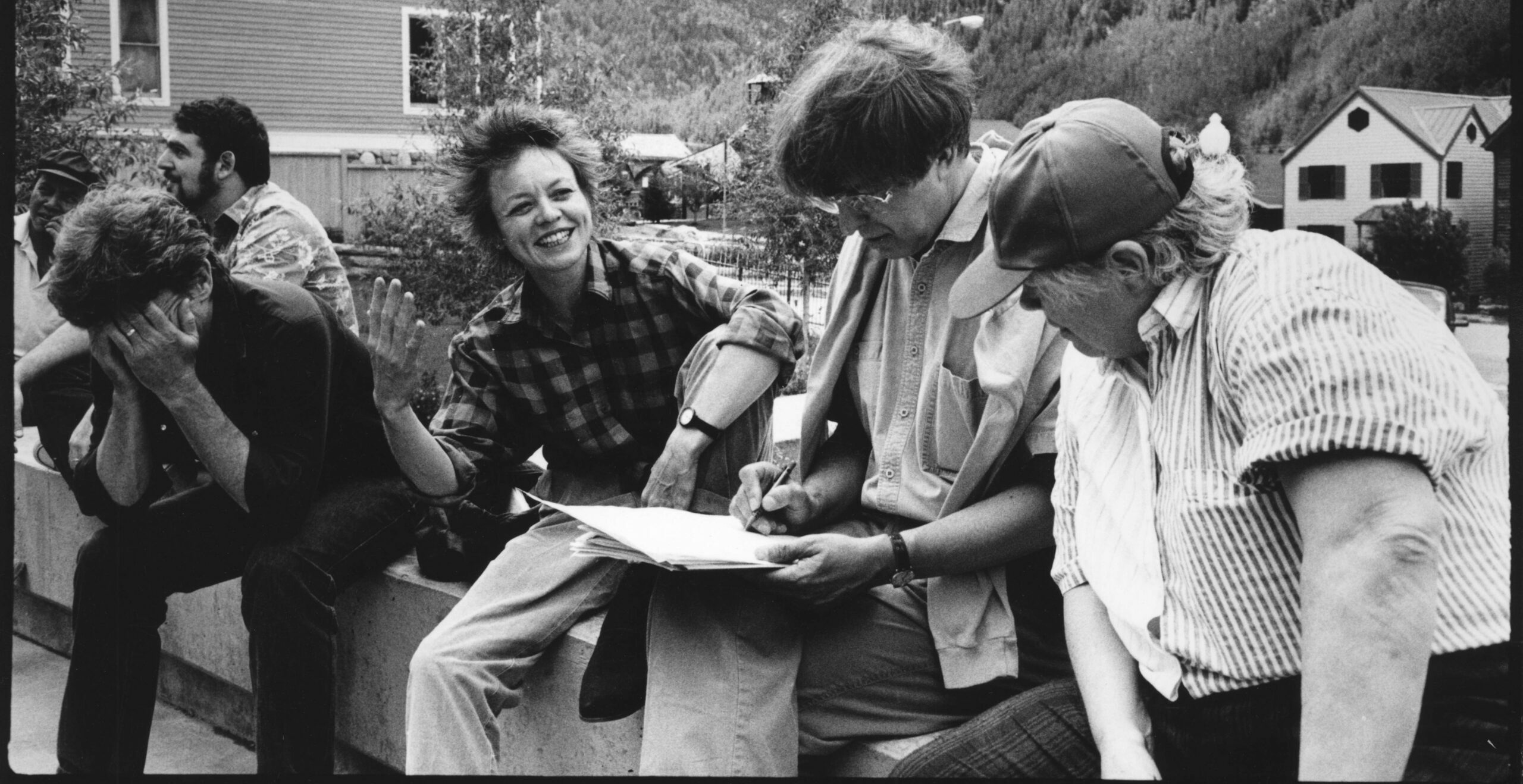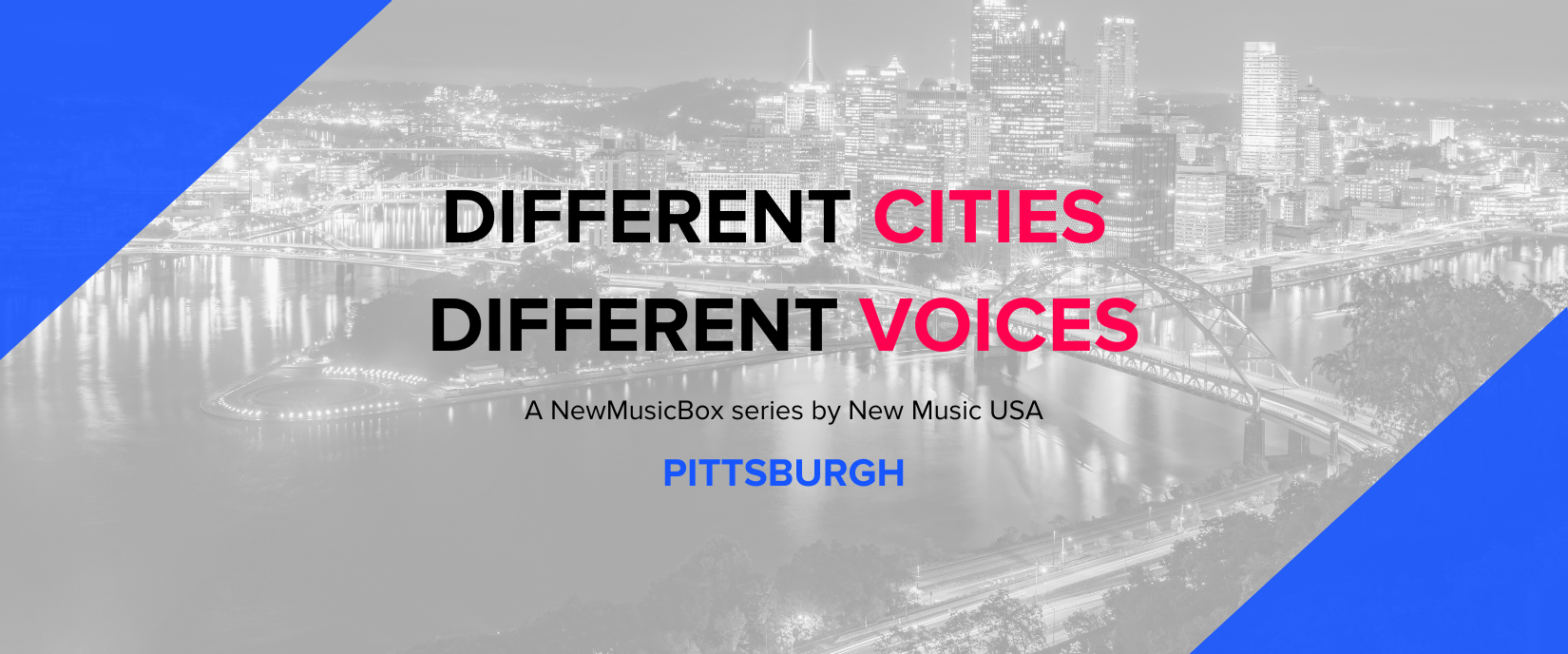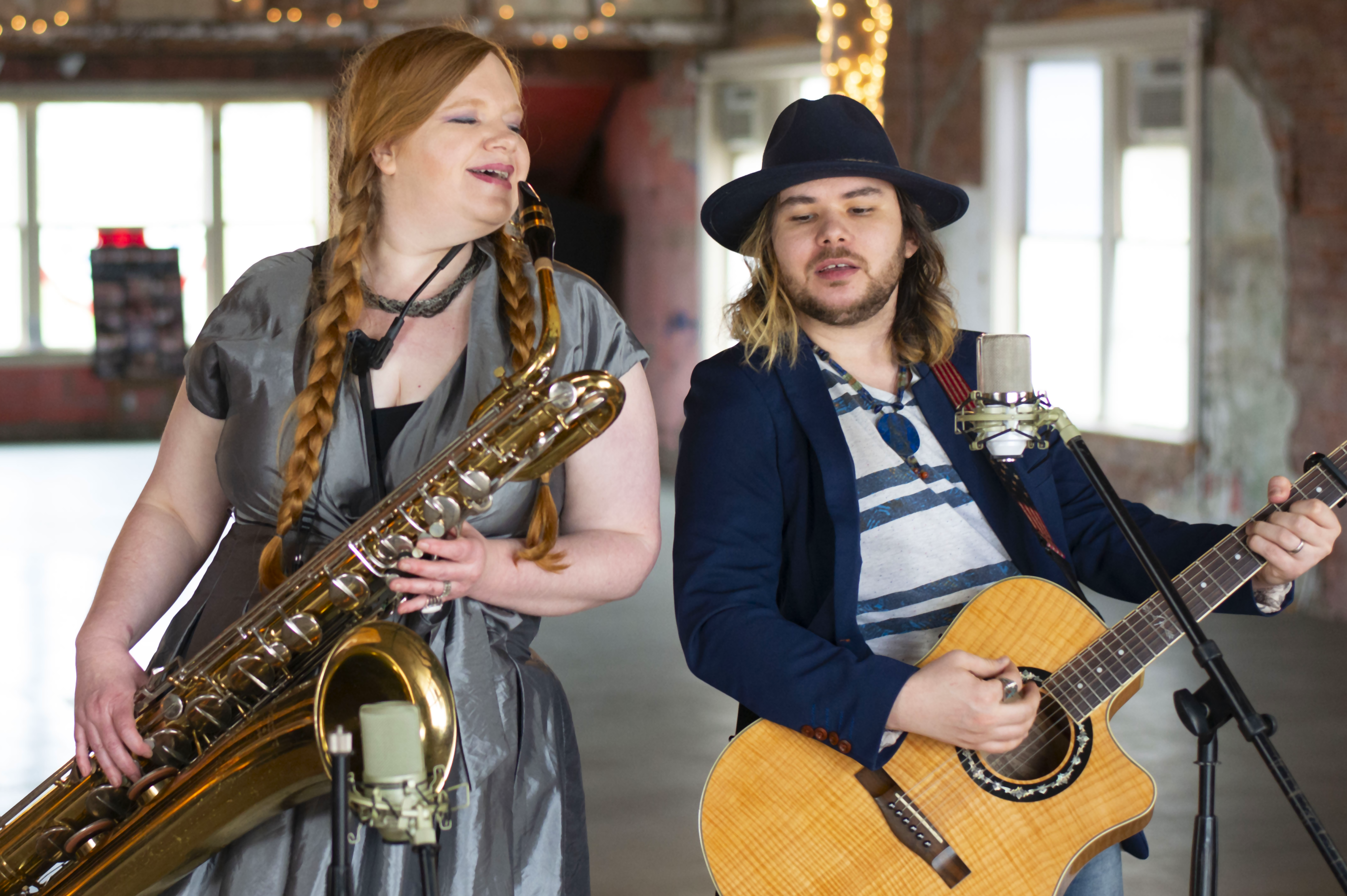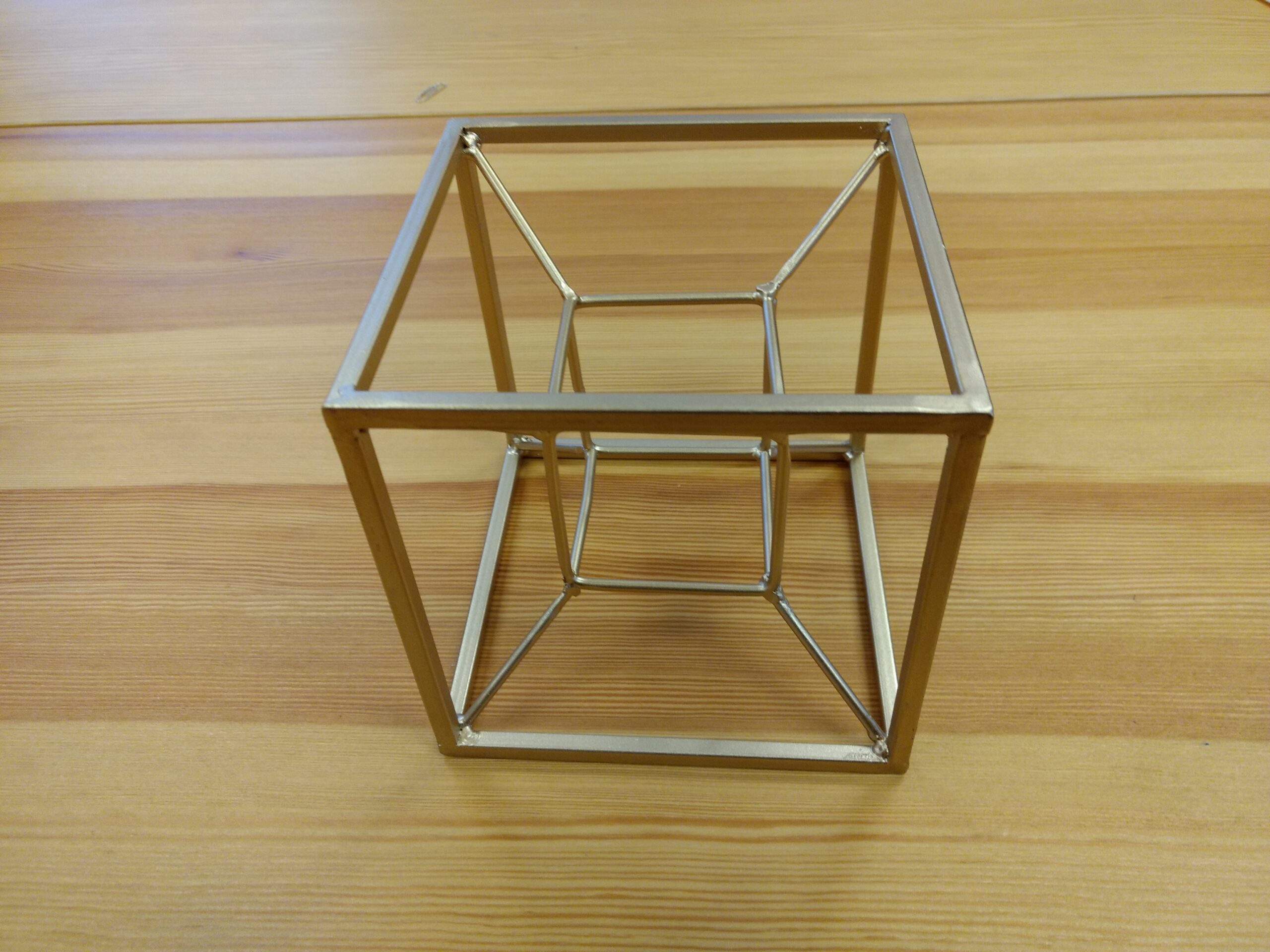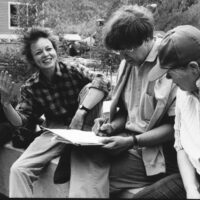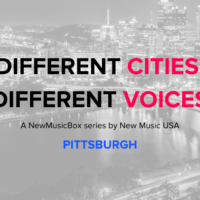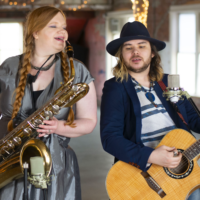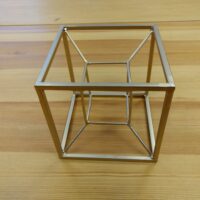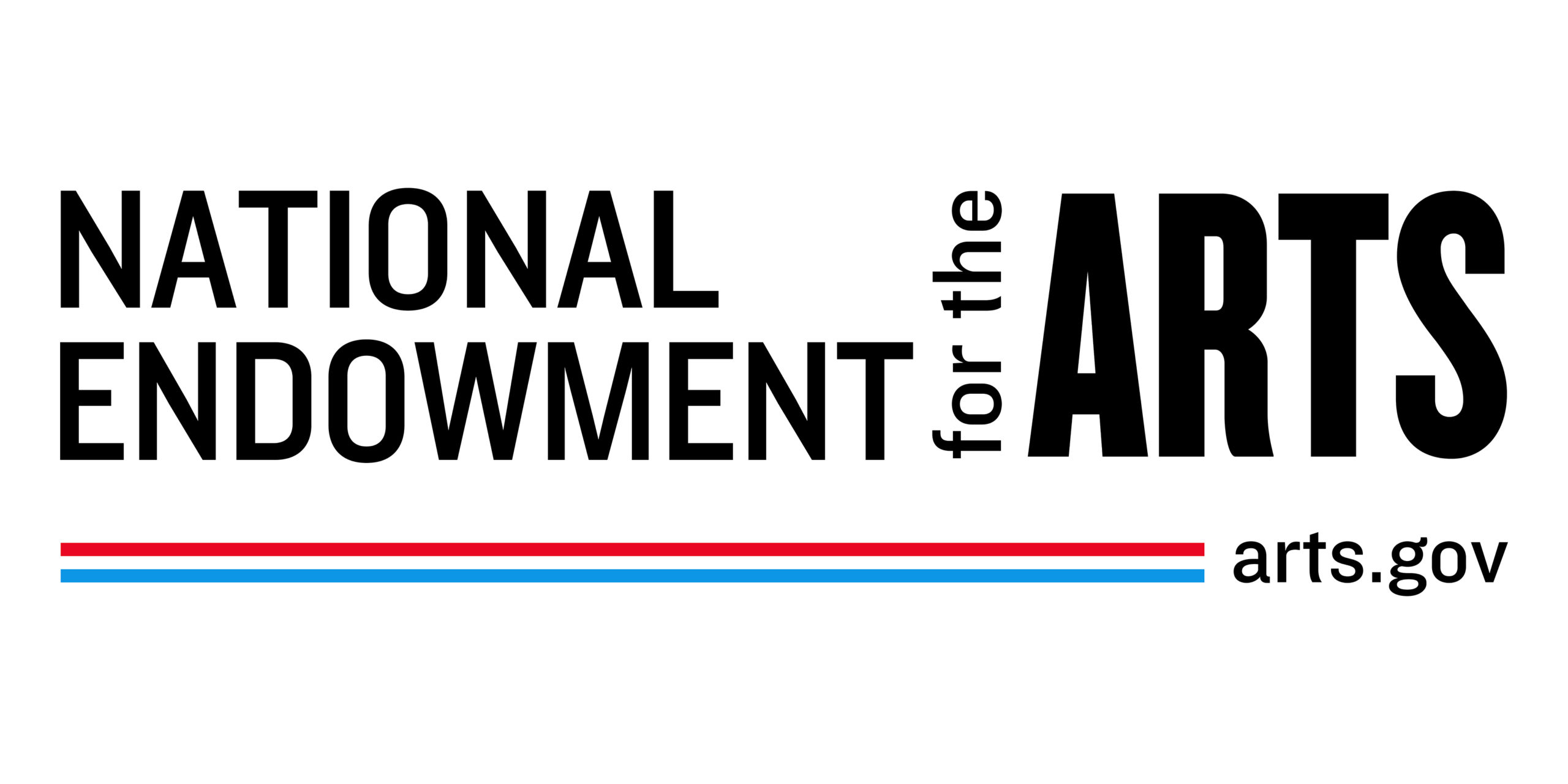
By Colin Holter
In order to decide how to approach pieces like YLEM, Aus den Sieben
Tagen, one of the questions that we’ve had to ponder is what the
performer’s role really is: Are we improvising, or do we need to
reconsider our “performer” job descriptions such that they might
include the formulation of material to Stockhausen’s specifications, as
well as the interpretation and presentation of already-written
material?

Lukas Ligeti is among the five recipients of the 2010 Alpert Award in the Arts, The Herb Alpert Foundation and the California Institute of the Arts have announced.

I’ve often been asked why I would want to compose an opera and while I actually expect this question to arise among those who know me primarily through my work as a film composer, when it’s asked by accomplished composers who have also composed operas, it seems that its answer lies more in the philosophical than the practical.

By Nora Kroll-Rosenbaum
I’m at the end of pregnancy, and in addition to now owning a car seat and burp cloths, the pressing question in the minds of the two composer parents is, “what will he listen to?”

By Frank J. Oteri
During the JACK’s performance of Peter Ablinger’s WACHSTUM UND MASSENMORD, someone (who apparently is an important official at SWR) threw paper airplanes at them and soon thereafter the audience started clapping over the proceedings, forcing them to end; I initially thought all of those shenanigans were actually part of the piece but it turned out not to be.

Penelope, a brand new song cycle by composer and New Amsterdam Records co-founder Sarah Kirkland Snider, features a genre-blending style compelling enough to throw categorizations to the wind and revel in its unique dialect.

By David Smooke
When I was younger, I used to love talking about my music. As I become better at composing, however, I say more in the piece itself, leaving less to be explained verbally.

Clint Needham, Andrew Norman, Alex Mincek, and Cynthia Wong have been named the winners of Orpheus Project 440, a collaboration between Orpheus Chamber Orchestra and WQXR 105.9FM.

By Alexandra Gardner
I definitely believe that the sounds that we encounter on a daily basis are just as important to our physical and mental well-being as the food we eat and the air that we breathe.

By Dan Visconti
I wanted to write a few words about a topic of great interest to me: how composers scribe their ideas on physical media.

By Colin Holter
Compared to other electronic music festivals, Spark was characterized just as much by something it didn’t have: fixed-media audio pieces.

The technology of the 21st century may have numbed the exoticism that comes with living overseas and rendered the sense of national rootedness more fragmentary and ephemeral. But the creation of identity—a trigonometry of closeness and distance, allegiance and rejection, composition and reception—remains an essential one for any artist.

Michael Hersch’s disc of two sonatas for unaccompanied cello showcases the kind of work that doesn’t miss the emotionally engaging forest for the technically sophisticated trees.

By David Smooke
Michael Formanek’s new disc out ECM is simultaneously beautifully moving and excitingly raw.

By Nora Kroll-Rosenbaum
I’m hungry for the almost-lost ideal of audiophiles craving the best in sound. But there is real utility and community online.

By Frank J. Oteri
On the television this morning (I need some sound in order to combat the jet lag) I watched a performance of a cello concerto with extremely slick camera work as I was channel surfing. I also noticed two different channels devoted to pop music videos; in America, so-called music television stations have been taken over by reality TV programs.

Meet The Composer and the League of American Orchestras have announced awards totaling $325,000 to five composers and five orchestras who will participate in the 2011-13 Music Alive program.

The Pew Center for Arts & Heritage through Pew Fellowships in the Arts announced the names of 12 new fellows, each of whom will receive a $60,000 award.

By Alexandra Gardner
Everyone is supposedly using these online tools, including more and more companies and organizations, because apparently it has become necessary to do so in the interest of “audience engagement”. But are these really the most effective methods for doing that?

By Michael Straus
I am finally getting settled after more than a month in Oslo. The time is literally flying by, as the city loses over five minutes of sunlight a day.

By Colin Holter
One facet of enjoying a festival of electronic music is simply waiting for the inevitable tech meltdown or three to occur, paralyzing the whole deal.

Roulette has been awarded $447,000 by the Office of the Brooklyn Borough President, Marty Markowitz that will be applied towards the acquisition of new audio and visual equipment for their new permanent space in Downtown Brooklyn.

Arthur Jarvinen (1956-2010) was a dynamo whose output seemed to be just a matter of course in a normal day for him, with his output switching gears seamlessly from concert pieces, to music with deeply imbedded theater, to his own self-created genre which he called physical poetry.

By Nora Kroll-Rosenbaum
Between the familiarity with the look of a sound (like how amazing a Fender Rhodes’ waveform appears) to developing odd relationships with time because of digital editing, I have to say that my interaction with music at large has been fundamentally altered by these digital dimensions.
